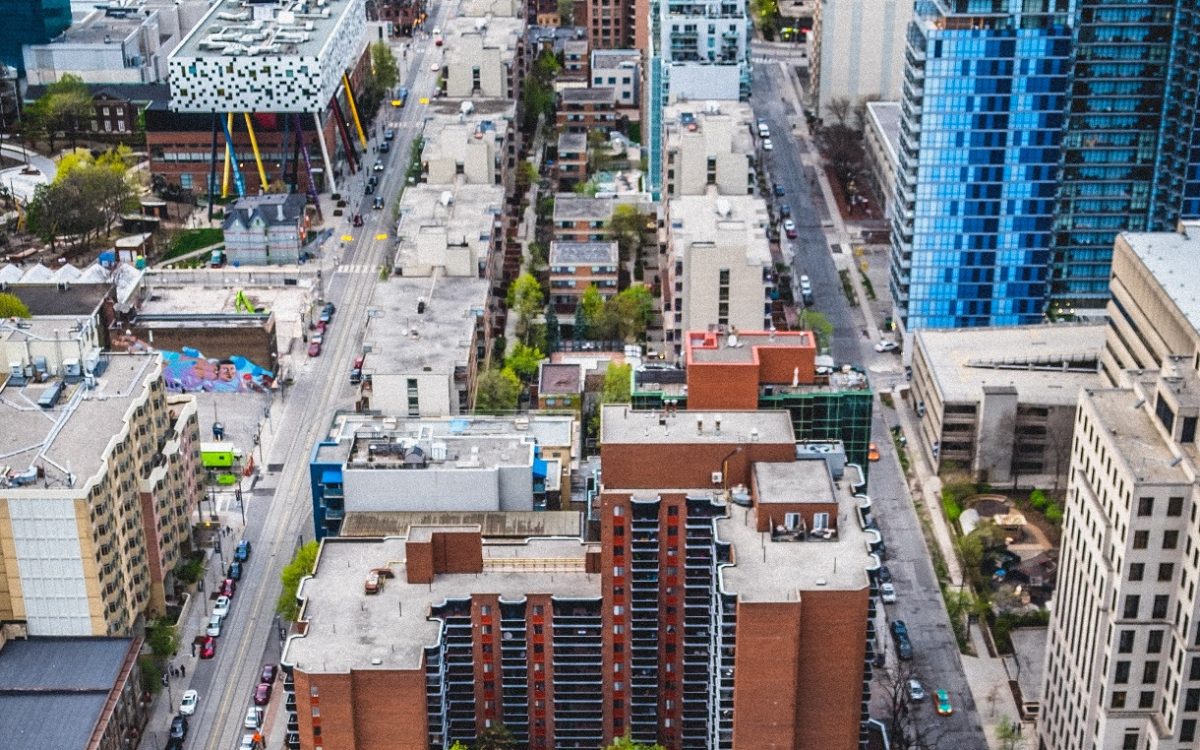The claimant sustained a non-catastrophic impairment and applied to the Licence Appeal Tribunal (“LAT”) to dispute entitlement to attendant care benefits (“ACB”), medical benefits, housekeeping expenses, and occupational therapy services. Regarding the ACB claim, Adjudicator Forbes found that the claimant was not entitled to the claimed amount of $10,228.37 per month. Instead, Adjudicator Forbes accepted the respondent’s recommendation, concluding that the approved rate of $1,509.99 per week was reasonable and necessary. The claimant also sought reimbursement for ACBs in the amounts of $216.96 and $289.28 for November and December 2021, respectively. However, she failed to provide a detailed breakdown of the services rendered or the hours billed for those periods. As a result, it was not possible to determine the level of care provided or assess the appropriate payment amounts. In the absence of sufficient particulars, Adjudicator Forbes found that the circumstances warranted applying the “ratio method” outlined in Malitskiy v. Unica Insurance Inc., 2023 ONSC. Relying on the recommendations in the s. 44 Form 1, Adjudicator Forbes concluded that the claimant was entitled to $85.61 for November 2021 and $114.15 for December 2021 in ACBs. Since these amounts had already been paid by the respondent, no further amount was owed to the claimant for those periods.









